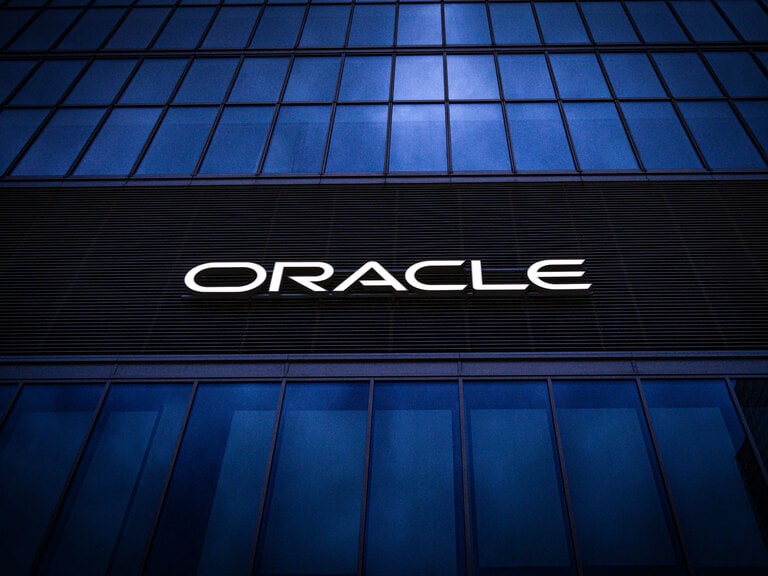Amazon [AMZN], Alphabet [GOOGL] and Facebook’s [FB] share prices are often subject to earnings results, regulator scrutiny and cyclical trends. One area that each stock is less susceptible to is renewable energy.
However, as some of the biggest corporate buyers of renewable energy on the planet, each company’s buying power can be felt in the wider clean energy investment theme. Here, Opto looks at the prospect for Amazon, Alphabet and Facebook’s share prices and how each stock is furthering renewable energy investments.
Amazon’s share price and renewables
Amazon's share price has gained 7% over the past month, as of 30 June. Being both a leader in e-commerce and cloud computing doesn’t come without using some power. According to The Wall Street Journal, Amazon is the largest corporate backer of renewables, with upcoming projects committing it to 10 gigawatts in renewable production.
7%
Amazon's share price rise over the past month
Energy use from these will come online in the next few years and power operations like Amazon Web Services. Amazon’s share price has an average 4,241.33 price target from the analysts tracking the stock on Yahoo Finance – hitting this would see a 23% upside from 29 June.
Alphabet’s share price and renewables
Google-owner Alphabet’s share price has climbed 4.5% over the past year. For the past four consecutive years, Google has matched 100% of the electricity it uses with purchases of renewable energy.
By 2030, the search giant aims to run entirely on carbon-neutral energy – an ambitious goal that will see it move from a net-zero emission model to an absolute zero model where it won’t emit carbon in the first place. Alphabet’s share price has a $2,625 price target from analysts tracking the stock on Yahoo Finance – hitting this would see a 4.1% upside from the 29 June.
Facebook’s share price and renewables
Facebook became carbon neutral in 2020. Since 2017 carbon emissions from its operations have fallen by 94%, with the company becoming more efficient in the use of electricity for its data centres.
Increased data centre and computing use is behind the big tech companies renewable energy projects, with the companies going as far as building in-house teams made up of dealmakers from electrical companies to negotiate the best prices.
“Data centres for us are the primary sources of electricity consumption and the primary footprint we’ve been thinking about,” Urvi Parekh, the company's director of renewable energy, said.
“Data centres for us are the primary sources of electricity consumption and the primary footprint we’ve been thinking about” - Urvi Parekh
According to Environmental Leader, Facebook has placed contracts for six gigawatts of wind and solar power, representing an $8bn investment. The social media company also has a goal to become carbon neutral by 2030 across not only its operations but the entire supply chain.
Facebook’s share price has seen a slight 7% gain over the past month as it continues to trade near its all-time high. An average $386.26 analyst price target on Yahoo Finance would see a 10% upside from 29 June.
The clean energy investment theme
Amazon and other tech companies are willing to wield their cheque books to secure deals, making their investment more important than government subsidiaries in some countries, according to TheWall Street Journal.
Such investment comes at a time of growth in the underlying investment themes. Clean energy as an investment theme has gained 4.55% over the past month, according to Opto’s thematic screener, while the solar theme is up 15.5% in the same timeframe.
Driving gains in the clean energy theme has been the ALPS Clean Energy ETF [ACES], which has seen 9.76% upside over the past month. In the solar investment theme, the Invesco Solar ETF [TAN] is up 14.66% in the same time period. These could offer an alternative to investing in individual companies in what is an emerging, yet complex, investment theme.
Continue reading for FREE
- Includes free newsletter updates, unsubscribe anytime. Privacy policy





